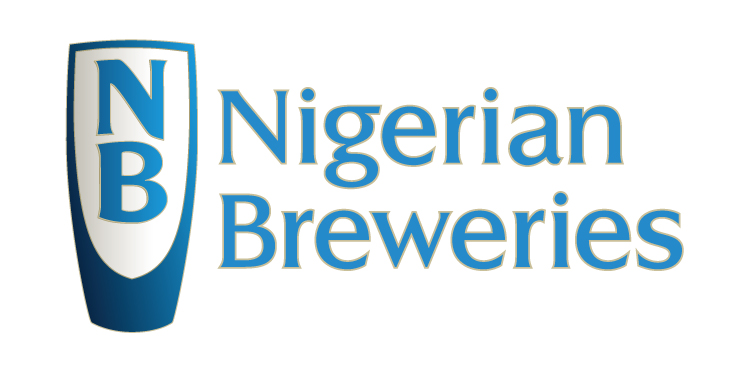Nigerian Breweries Plc. Post earnings results for the first half of 2022

The first half of the fiscal year 2022 raked in a
total of N274.03 billion for the Nigerian Breweries Plc., according to the
company's Board of Directors.
Following a period of high inflation, consumers
and businesses have to deal with the escalating cost of goods and
services. Customers now pay extra for about the same number of items as a
result.
The Nigerian Breweries' revenue increased by 31%
compared to the N209.22 billion reported in the same period a year ago, as
stated by the company in an unaudited report and provisional results filed
with the NGX.
The data also showed that Profit After Tax increased
by 142.8% during the course of the period under review, from N7.86 billion to
N19.08 billion. Basic earnings per share in the half-year period were 237
kobo as opposed to 97 kobo in H1 2021.
The cost of the company's plant and machinery
acquisitions during the six months that ended on June 30, 2022, compared to the
six months period that ended on June 30, 2021, was N27.2 billion.
In addition, the company's gain in profit, according
to a statement issued by Uaboi Agbebaku, NB's legal director and
secretary, was mostly attributed to top line growth driven by its pricing
policy and improved mix.
“Despite these challenges, our business continues to
build momentum and deliver consistent profitable growth even in the context of
a very challenging operating environment. Our best-in-class portfolio of brands
provides a unique platform that positions us well to lead and grow the beer and
malt category and drive superior long-term value creation,” the statement
added.
Further examination of the data showed that, during
the same equivalent period, the Cost of Sales climbed by 18.3%, to N155.35
billion in H1 2022 from N131.34 billion in H1, 2021.
Additionally, expenses for marketing, distribution,
and administration increased by 44.6%, to N84.45 billion in H1 2022 from
N58.42 billion in H1 2021, as a result of an uptick in commercial activity
following the pandemic, an increase in diesel prices, and higher wages
attributable to collective bargaining agreements.
Uaboi further pointed out that, despite decreased
interest costs, the net finance cost was greater as a result of foreign
exchange losses brought on by a higher cost of fulfilling international
obligations to foreign partners.
As a result, the company gave its stakeholders the
assurance that it would constantly assess its financial situation and
organizational effectiveness to maintain a healthy balance sheet and to respond
quickly to operational issues related to the economy.
NB said it would also continue to place a high
priority on the health, safety, and welfare of its stakeholders and workers in
accordance with its certification and reputation as a Great Place to Work
organization.


Be the first to comment!
You must login to comment